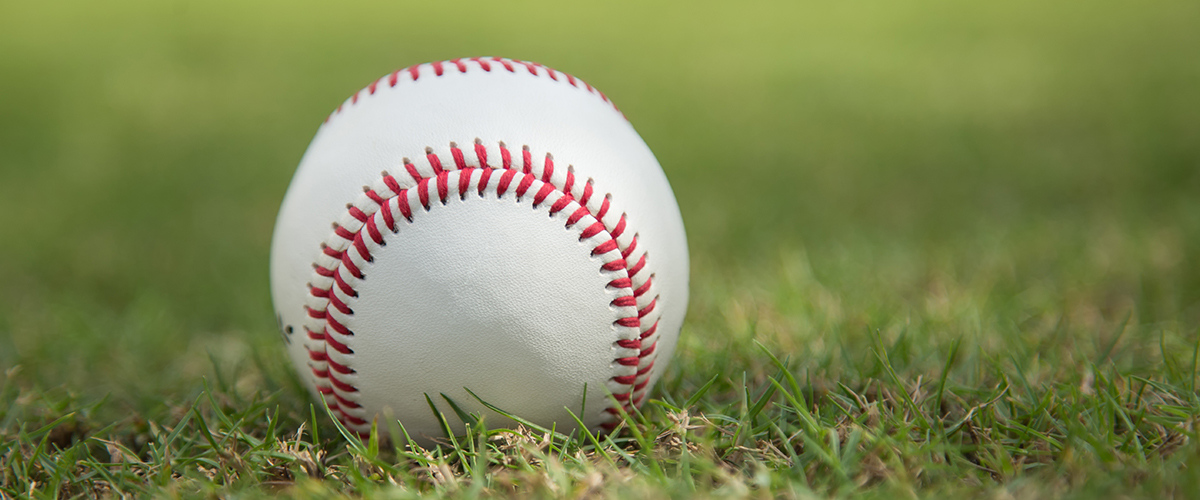As part of a new deal between Major League Baseball and the players’ union, mandatory cannabis testing will be eliminated and potentially replaced with opioid testing.
Major League Baseball is working to release a new drug policy for its athletes. Under the new agreement, Major League Baseball (MLB) will remove cannabis from its list of banned substances.
Although major league players are not subject to marijuana testing, many minor leaguers have been. That is poised to change under a new deal between the MLB and the MLB Players Association (MLBPA).
Senior sports writer Ken Rosenthal tweeted about the new rules on Dec. 9, indicating that minor league players will no longer face a loss of pay or loss of playing time due to cannabis use.
As part of a new agreement on opioids being negotiated between Major League Baseball and the players’ union, MLB will remove marijuana from the list of banned substances for minor leaguers, sources tell The Athletic. Major leaguers have not been subject to testing for marijuana.
— Ken Rosenthal (@Ken_Rosenthal) December 10, 2019
The current drug agreement for minor leaguers who are on non-40-man rosters (not under contract with a team) includes marijuana screening. Each season this results in several of those non-contracted minor league players being suspended. According to CBS Sports, there were 13 cannabis suspensions in 2019.
Under the current policy, non-40-man roster minor league players face a 25-game suspension for the first occurence of testing positive for cannabis. A second positive results in a 50-game suspension, while a third positive test results in a 100-game suspension. Players are banned indefinitely for a fourth positive test.
The MLB and its players are also negotiating whether to introduce opioid testing requirements. The new drug policy shifting away from cannabis and focusing more on opioid use comes after the death of MLB pitcher Tyler Skaggs, 27, earlier this year. According to reports, Skaggs had two different opioids, fentanyl and oxycodone, along with alcohol in his system at the time of his death.
Opioid testing has not been finalized as part of the new drug policy agreement between the MLB and the MLB Players Association. Moving forward, MLB and the MLB Players Association may require that players who test positive for opioids placed in a treatment program instead of suspension.
MLBPA chief Tony Clark recently said he is optimistic the league and the players’ union can have an agreement in place before the end of the year, according to CBS Sports.
Pro Athletes on Cannabis
Last month, the National Basketball Association’s (NBA) former commissioner David Stern said the league’s cannabis ban should be addressed in the next bargaining negotiation. The current NBA collective bargaining agreement, which prohibits cannabis use, was implemented in 2017 and runs until 2024.
Stern supports lifting the ban on marijuana, arguing that the benefits of cannabis outweigh the negatives. Adam Silver, the Incumbent NBA Commissioner, has said he is open to addressing the issue and implementing a policy change on cannabis in upcoming negotiations and said that the NBA “might be behind the times.”
In May, a group of more than 150 professional athletes petitioned the World Anti-Doping Agency (WADA) to remove cannabis from its list of prohibited substances. The group included boxer Mike Tyson, quarterback Jake Plummer, cyclist Floyd Landis, and snowboarder Greta Gaines.
WADA, the agency responsible for monitoring compliance of substance use in the Olympics has listed cannabis among the substances prohibited during competition. The agency removed cannabidiol (CBD) from its list of banned substances in 2018.
More on Marijuana
Find more reports on cannabis by visiting our news page. Check back in for the latest reports on cannabis policy, business, and scientific research.
Editor Update 12/13/19: On Thursday, Dec. 14, MLB officially announced changes to its drug use and testing policies, removing marijuana from its list of banned substances. The policy will take effect starting in 2020.






